For Microsoft’s Lisbon office the fit-out naturally required something special. Fortunately, the workspace innovation specialists at Pedrali had the solution…
When one of the world’s biggest names in technology opens a new office, you know it’s going to be state of the art. For Microsoft’s Lisbon office in Portugal, the architecture teams of OPENBOOK Architecture and Vector Mais turned to Pedrali to furnish the technology giant’s cutting edge space.
Accounting for the office evolution of the past few years, Pedrali’s furnishings showcase a working life that is both flexible and versatile, reflecting the way people now work in companies.
Located in the stunning Parque das Nações neighbourhood of Lisbon, the new Microsoft headquarters is split across four floors, creating a collaborative, open environment in which human interaction and wellbeing are maximised, suggesting a sense of harmony between man and technology.
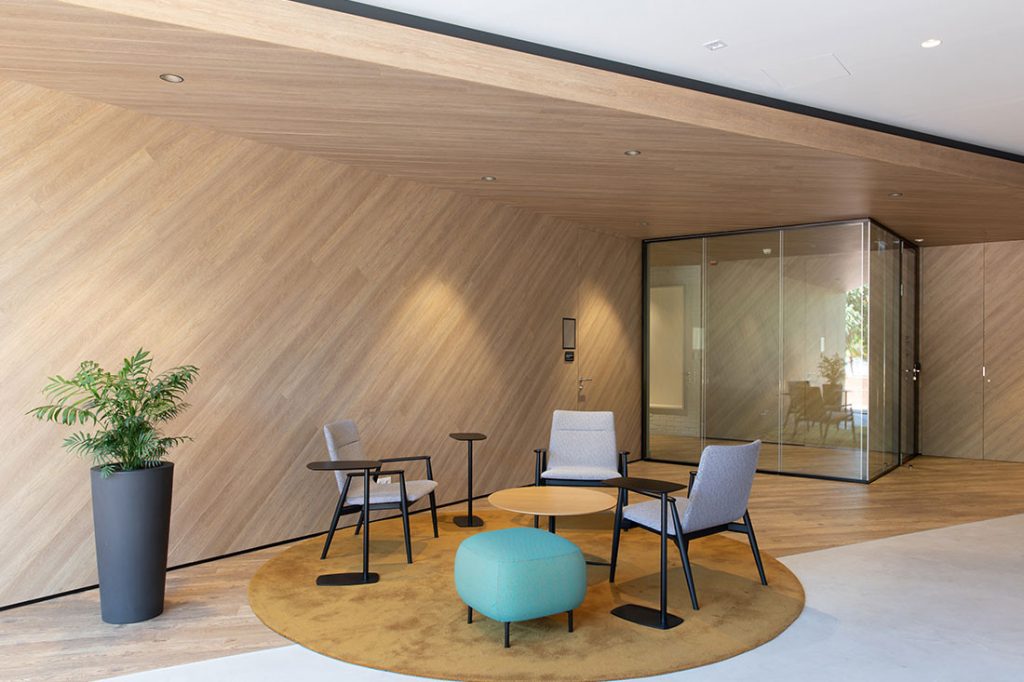
This interaction between the human and the designed was an essential part of the design of the space, and the furniture selections needed to match this design philosophy. Designed with a strong spirit of functionality and sustainability, the office has a total capacity of 1048 seats, articulated in over 500 workstations.
With rooms designed with a wide range of purposes – from phone booths to meeting and conference rooms, to multifunctional rooms – the furniture throughout had to match these multifunctional ideals.
The Malmö armchairs from Pedrali were a natural fit for the space.
Aimed at creating small corners for socialising, Malmö armchairs – designed by CMP Design – bring a sense of warmth to the spaces they inhabit.
The Nolita outdoor armchairs, designed by CMP Design, give a sense of form to the informal meeting of the office.
Made entirely of steel, these chairs are light and resistant, easy to clean, maintain and move.
Meeting room also see the presence of Arki tables, designed in house by Pedrali.
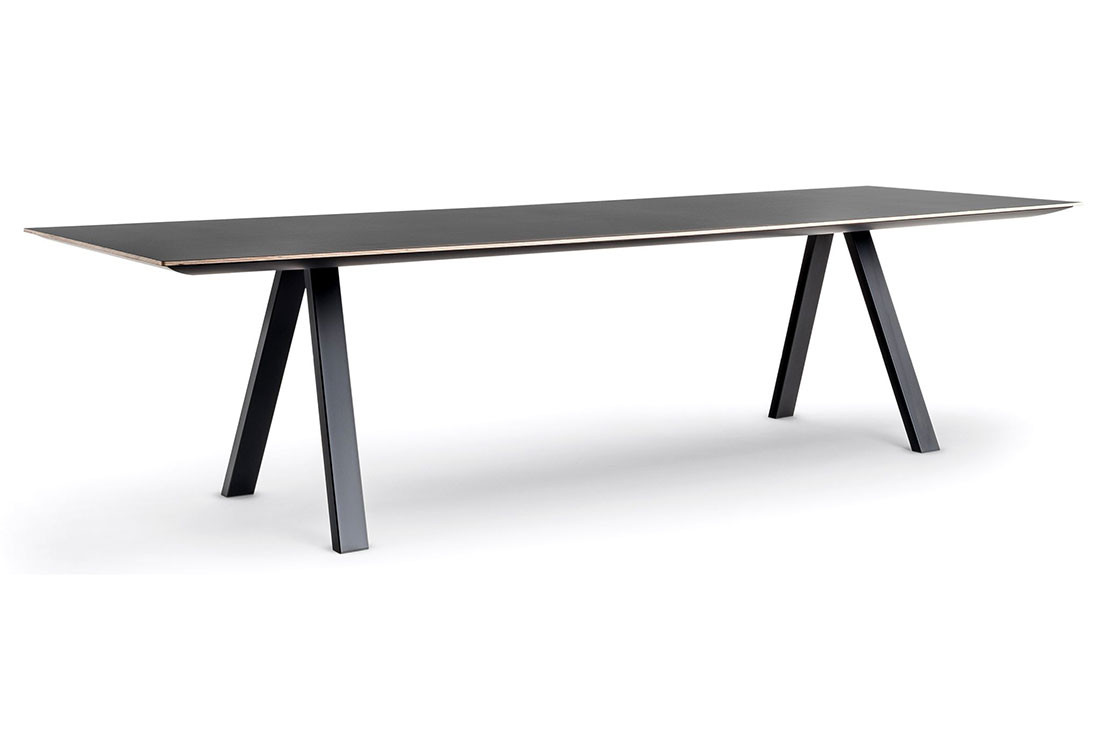
These tables, with their structurally linear and rigorous shape, also help shape the tone of the meeting rooms. While formally strong, the tables are also versatile and allow for multiple uses when the spaces are not housing meetings.
During breaks, the Microsoft office also houses a restaurant and a cafeteria, where employees can take in the breath-taking views off the nearby Tago river.
For this space, Pedrali provided a collection of Intrigo chairs, which are not only functional and comfortable for the staff, but add a playful element of colour, with the green of the chairs matching the connection to nature offered by the view.
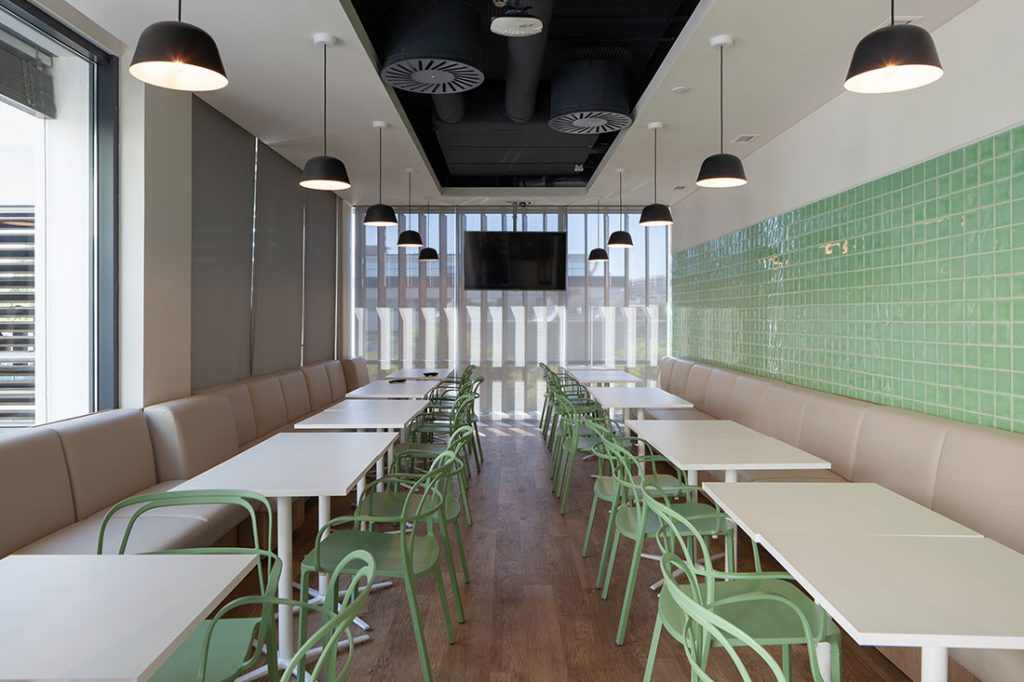
A company as iconic and important as Microsoft doesn’t do anything by halves. The company’s Lisbon office is an inspiring place to work, and thanks to Pedrali, one that it is also functional and beautiful.
INDESIGN is on instagram
Follow @indesignlive
A searchable and comprehensive guide for specifying leading products and their suppliers
Keep up to date with the latest and greatest from our industry BFF's!
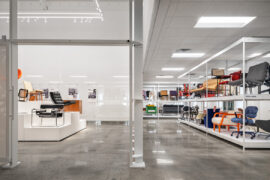
The undeniable thread connecting Herman Miller and Knoll’s design legacies across the decades now finds its profound physical embodiment at MillerKnoll’s new Design Yard Archives.
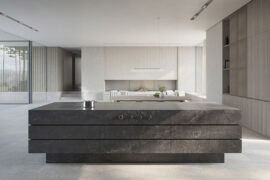
For those who appreciate form as much as function, Gaggenau’s latest induction innovation delivers sculpted precision and effortless flexibility, disappearing seamlessly into the surface when not in use.
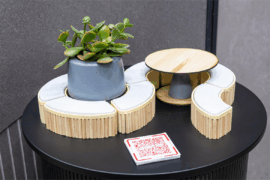
From the spark of an idea on the page to the launch of new pieces in a showroom is a journey every aspiring industrial and furnishing designer imagines making.

London-based design duo Raw Edges have joined forces with Established & Sons and Tongue & Groove to introduce Wall to Wall – a hand-stained, “living collection” that transforms parquet flooring into a canvas of colour, pattern, and possibility.
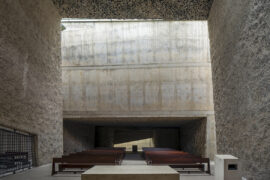
The World Architecture Festival has named The Holy Redeemer Church and Community Centre of Las Chumberas in La Laguna, Spain as World Building of the Year 2025, alongside major winners in interiors, future projects and landscape.
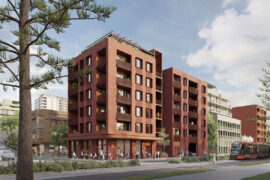
The Minns Labor Government has unveiled nine new architect-designed mid-rise apartment patterns, expanding the NSW Housing Pattern Book and accelerating the delivery of accessible, high-quality housing across the state.
The internet never sleeps! Here's the stuff you might have missed
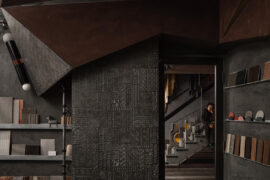
Bangalore studio Multitude of Sins elevates true leftovers — not surplus — into a richly layered workspace where waste materials become narrative, structure and sculptural expression.
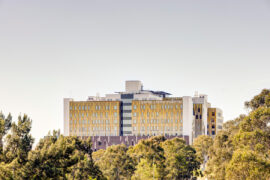
The BLP Managing Director & Principal has been named recipient of the very first Australian Health Design Council (AHDC) Gold Medal Award.